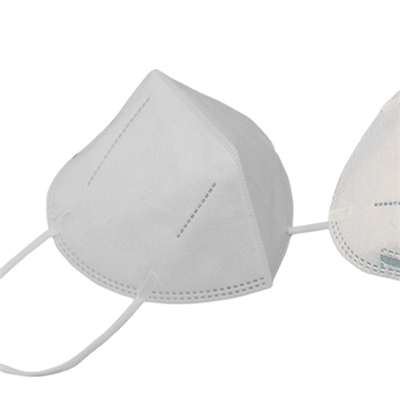The choice between vinyl and latex gloves depends on several factors, including your specific needs, potential allergies, and the intended application. Here’s a comparison to help you determine which type of glove is right for you:
Vinyl Gloves:
Advantages:
- Latex-Free: Vinyl gloves are an excellent choice if you or anyone in your vicinity has a latex allergy or sensitivity.
- Affordability: Vinyl gloves are typically more cost-effective than latex gloves, making them a practical choice for applications that require frequent glove changes.
- Loose Fit: Vinyl gloves offer a looser fit compared to latex gloves, which can be more comfortable for extended use and reduce hand fatigue.
- Hypoallergenic: They are less likely to cause skin allergies or irritations because they lack latex proteins.
- Chemical Resistance: Vinyl gloves provide decent resistance to many common household and industrial chemicals, suitable for cleaning tasks and some light chemical handling.
Disadvantages:
- Less Durability: Vinyl gloves are generally less durable and puncture-resistant than latex or nitrile gloves. They may not be suitable for tasks involving sharp objects or rough surfaces.
- Reduced Tactile Sensitivity: Vinyl gloves offer less tactile sensitivity than latex or nitrile gloves, which may impact fine motor skills and dexterity in certain tasks.
- Lower Strength: They have lower tensile strength compared to latex gloves, which means they may tear more easily.
Latex Gloves:
Advantages:
- High Tactile Sensitivity: Latex gloves provide excellent tactile sensitivity, making them suitable for tasks that require fine motor skills and precision.
- Strength and Durability: They are stronger and more durable than vinyl gloves, offering better protection against punctures and tears.
- Stretchability: Latex gloves are highly elastic and conform well to the shape of the hand, providing a snug fit.
Disadvantages:
- Latex Allergies: Latex gloves can trigger allergies in some individuals. If you or others are allergic to latex, they are not a safe option.
- Cost: Latex gloves are often more expensive than vinyl gloves, which can impact their cost-effectiveness for applications involving frequent glove changes.
- Not Suitable for Latex-Sensitive Environments: If you work in a healthcare setting where latex allergies are a concern, latex gloves may not be appropriate.
Which Is Right for You?:
- Choose Vinyl Gloves If:
- You or anyone in your vicinity has latex allergies or sensitivities.
- Cost is a significant factor, especially if you need gloves for tasks requiring frequent changes.
- You need gloves for general cleaning, basic food handling, or tasks where high tactile sensitivity is not crucial.
- Choose Latex Gloves If:
- You require high tactile sensitivity and dexterity, such as in medical or laboratory settings.
- Allergies to latex are not a concern for you or those you work with.
- You need gloves for tasks that require durability and protection against punctures and tears.
Ultimately, the right choice depends on your specific needs and circumstances. In some cases, a combination of both types of gloves may be suitable for different tasks within the same environment. Always consider safety, comfort, and functionality when making your decision.






















